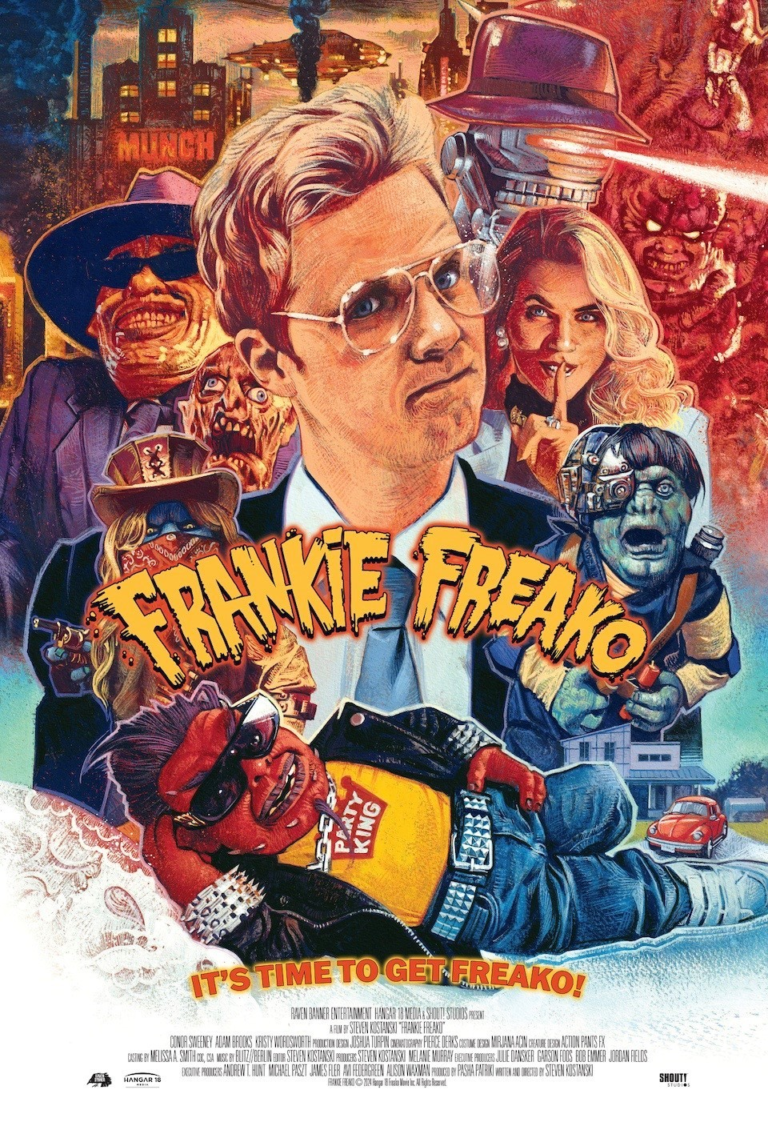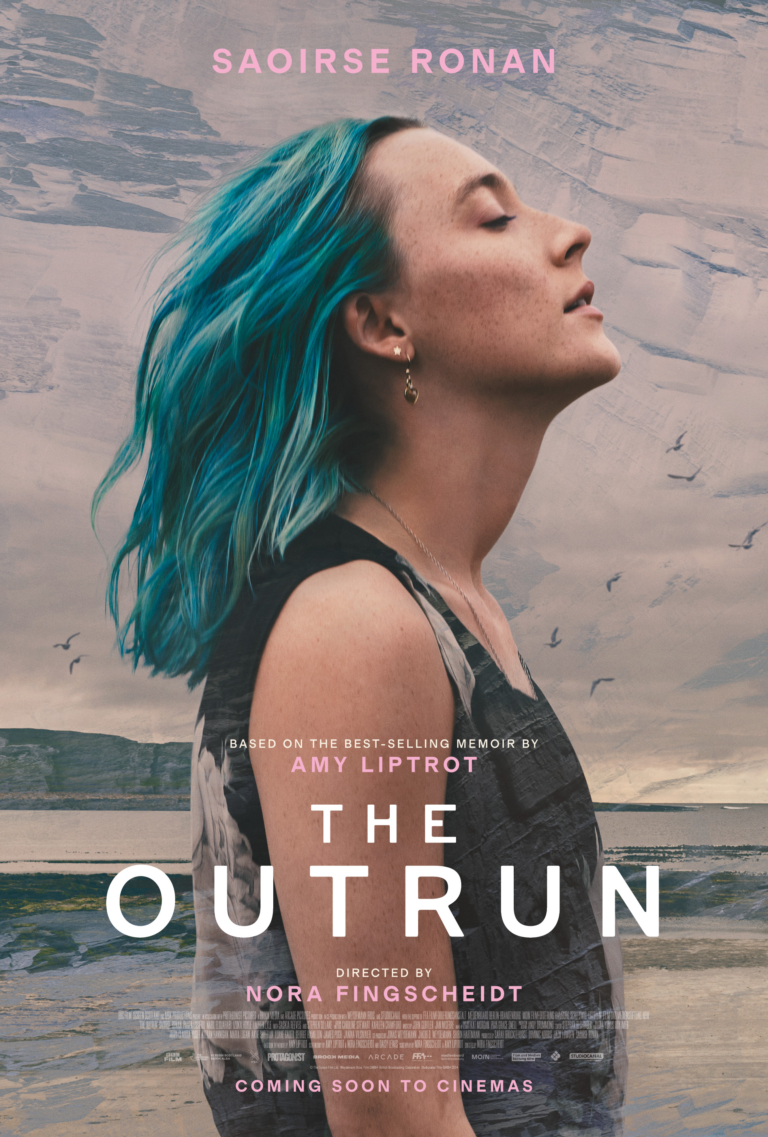Censor Christian Review

In the crowded world of modern horror, where jump scares often substitute for substance, Censor strides into the room like a whispered dare. Prano Bailey-Bond’s debut feature isn’t interested in pandering or cheap thrills. Instead, it digs deep into the muddy waters of morality, trauma, and our collective relationship with the macabre.
It’s set against the backdrop of the 1980s “video nasties” hysteria—a time when moral panic over explicit horror films gripped the UK, leaving many scrambling to decide what was acceptable for public consumption. For a Christian viewer, there’s a uniquely fascinating dynamic here: Censor raises questions that resonate deeply with faith—about judgment, freedom, art, and how we confront or avoid the darkness in the world around us.
Stepping Into Enid’s Shoes
At the heart of Censor is Enid, played with unnerving precision by Niamh Algar. Enid is a film censor, tasked with the peculiar and sobering job of watching gruesome horror films and determining whether they’re too extreme for audiences. For most, such a role would be unbearable. For Enid, it’s a calling—a self-imposed mission to protect others from the corruption she believes lurks in these films.
On paper, Enid’s job might seem noble. Shielding society from harm feels like a righteous pursuit. But the story quickly makes clear that this is no saintly endeavor; Enid’s crusade is rooted in her own fractured psyche. Years earlier, her sister disappeared under mysterious circumstances. That unresolved trauma gnaws at her, shaping her decisions and twisting her sense of responsibility.
Christians will recognize a tragic misstep here: Enid tries to control and suppress her pain instead of bringing it into the light. The Bible calls believers to “cast all your anxiety on Him because He cares for you” (1 Peter 5:7), yet Enid’s journey is marked by isolation and denial. Watching her wrestle with her demons, we’re reminded of the cost of bearing burdens we were never meant to carry alone.
Horror as a Mirror: A Question of Purpose
Censor is more than a psychological character study. It’s also a love letter—and a critique—of the horror genre itself. Bailey-Bond doesn’t just dip a toe into the world of exploitation films; she dives headfirst, reveling in the grainy textures, lurid colors, and unsettling aesthetics that defined the era. For anyone who remembers VHS tapes or late-night movie marathons, it’s a nostalgia trip laced with unease.
But beneath the retro vibe lies a pressing question: What is horror for? Does it serve as a cathartic outlet, helping us confront our fears in a controlled environment? Or does it risk numbing us to violence and pain, making the grotesque feel ordinary?
Christians often grapple with similar questions. Horror can be a double-edged sword. On one hand, it can reveal the reality of evil and the human need for redemption, serving as a stark reminder of our dependence on God’s light. On the other, it can glorify darkness, tempting us to dwell on what is harmful rather than what is good and pure (Philippians 4:8).
Bailey-Bond doesn’t offer easy answers, and that’s part of what makes Censor so compelling. It’s less a sermon and more an open-ended dialogue, inviting viewers to wrestle with their own responses to art and fear.
A World of Oppression and Claustrophobia
Visually, Censor is suffocating in the best possible way. The production design and cinematography create a world that feels heavy, close, and unrelenting. Enid’s life is one of small, dimly lit rooms, where the weight of her work and memories presses down like a lead blanket.
For Christians, this oppressive atmosphere is a vivid metaphor for the spiritual battle we face daily. Without the hope of Christ, the world can feel like a place of unrelenting darkness, where burdens grow heavier with every passing moment. Enid’s surroundings mirror her soul—a space crowded with guilt and fear, crying out for release she doesn’t know how to seek.
Art, Judgment, and the Role of the Censor
One of the film’s most intriguing aspects is its exploration of censorship itself. Enid sits in judgment over the films she reviews, deciding what is “appropriate” for others to see. It’s a role that carries an air of authority but also deep moral ambiguity. Who gets to decide what’s right or wrong? And how do personal biases shape those decisions?
This is a question Christians have faced for centuries. In a world where morality is increasingly subjective, believers are often called to take a stand—whether in the media we create, the art we consume, or the values we promote. But Scripture warns us against judging others harshly while ignoring our own flaws (Matthew 7:3-5). Enid’s story serves as a cautionary tale about the dangers of hypocrisy and unchecked authority.
Her job as a censor becomes a double-edged sword. While she tries to shield others from harm, her inability to confront her own brokenness ultimately leads to destruction. It’s a sobering reminder that true moral clarity comes not from human judgment but from aligning ourselves with God’s truth.
A Performance That Haunts
Niamh Algar’s portrayal of Enid is nothing short of mesmerizing. She captures the character’s fragility, determination, and unraveling psyche with an intensity that lingers long after the credits roll. Enid isn’t an easy character to root for—she’s flawed, stubborn, and at times deeply unsettling. Yet Algar’s performance draws us in, forcing us to see the humanity beneath the surface.
For Christians, Enid’s struggle is a stark reminder of the complexity of the human soul. We are all, in some way, broken vessels, struggling to make sense of a fallen world. Her story invites compassion and humility, challenging us to see others not as villains or heroes but as people in need of grace—just like ourselves.
Themes of Redemption and Warning
If there’s one criticism Christians might level at Censor, it’s the absence of a clear redemptive arc. The film is unrelentingly bleak, offering little hope or resolution. Enid’s descent into madness is powerful but leaves viewers longing for some sense of light amid the darkness.
Yet perhaps that’s the point. Censor isn’t a story of salvation; it’s a warning. It shows us what happens when we suppress pain, avoid accountability, and cling to control rather than surrendering to something greater than ourselves. It’s a call to confront the shadows in our own lives—not to dwell on them, but to bring them into the light where healing is possible.
Final Reflections
Censor is not an easy watch, nor is it a film that offers simple answers. Its unsettling imagery and ambiguous narrative may leave some viewers feeling disturbed or confused. But for those willing to engage with its themes, it’s a deeply thought-provoking exploration of morality, trauma, and the power of art.
From a Christian perspective, Censor serves as both a cautionary tale and a conversation starter. It challenges us to consider how we engage with difficult stories, where we draw the line between protection and freedom, and how we respond to the brokenness in ourselves and others.
Final Rating: 7/10. Censor is a visually striking, thematically rich debut that lingers in the mind long after it ends. While its darkness won’t be for everyone, it offers a unique opportunity for reflection and dialogue, making it a valuable—if challenging—addition to the world of modern horror.





